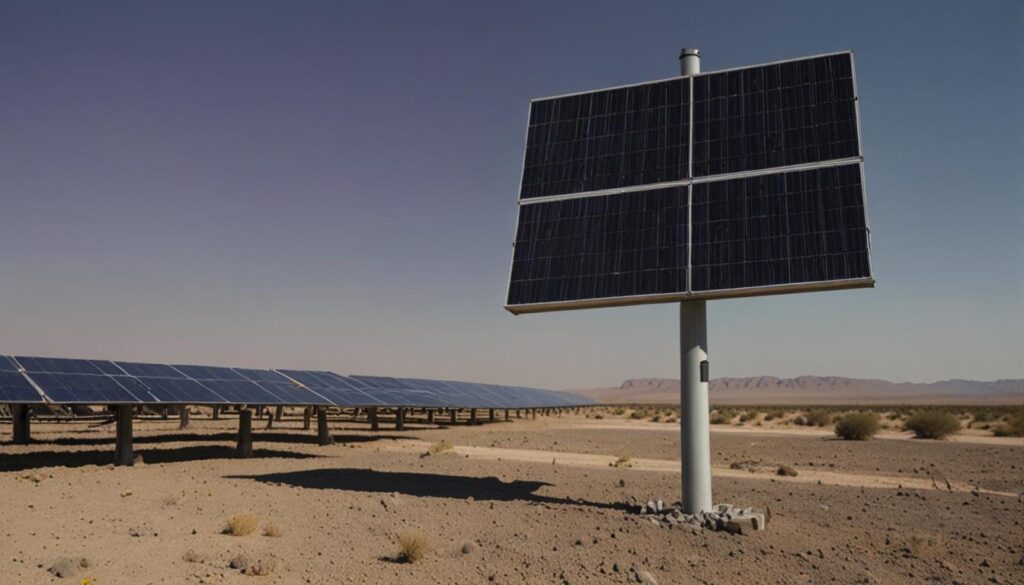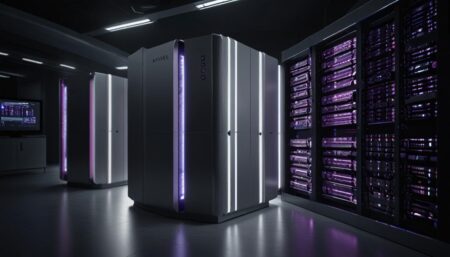The UAE and Saudi Arabia are ramping up investments in renewable energy and artificial intelligence to secure technological dominance amidst global efforts to combat climate change. Despite progress, the region faces challenges in transitioning from fossil fuels due to extensive oil and gas reserves.
Strategic Dynamics of Energy and AI in the Gulf Region
The Gulf region, notably the UAE and Saudi Arabia, is intensifying its investments in renewable energy and artificial intelligence (AI) amidst global efforts to mitigate climate change and secure technological dominance.
Renewable Energy Investments
Dubai’s Mohammed bin Rashid al-Maktoum Solar Park, a $14 billion project initiated in 2013, represents a significant push towards renewable energy in a region traditionally dependent on fossil fuels. Despite such initiatives, the broader Middle East dedicates only 20 cents to renewables for every dollar spent on fossil fuels, as per a 2024 report by the International Energy Agency (IEA). Central to this slow transition are the extensive oil and gas reserves which have historically kept energy costs low, eliminating the need for alternative sources.
AI Development and Strategic Partnerships
In April, Microsoft announced a $1.5 billion investment in Abu Dhabi-based AI firm G42, chaired by UAE National Security Adviser Tahnoun bin Zayed Al Nahyan. This move, motivated by the U.S. desire to curb China’s influence, aligns the UAE more closely with American technological aims while distancing it from Chinese suppliers. Consequently, G42 severed ties with Chinese hardware companies like Huawei to comply with U.S. regulations.
Impact and Future Goals
The UAE aims to become a leader in AI by 2031, with AI potentially contributing $96 billion to their economy by 2030. This ambition is supported by significant public and private sector participation, training programs, and collaborations with key technology developers globally. Last year, Abu Dhabi launched Falcon10B, an AI language model surpassing Google’s and Meta’s offerings in certain metrics.
Simultaneously, UAE’s Barakah nuclear plant and Saudi Arabia’s Sudair solar project represent the growing shift towards clean energy, though these countries still aim to remain pivotal fossil fuel suppliers, leveraging their low-carbon-intensity oil.
In summary, while the Gulf region is making strides in renewable energy and AI, strategic and economic factors continue to influence the pace and nature of these transitions.










